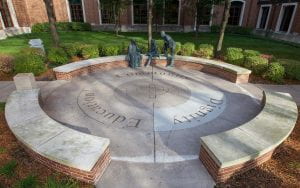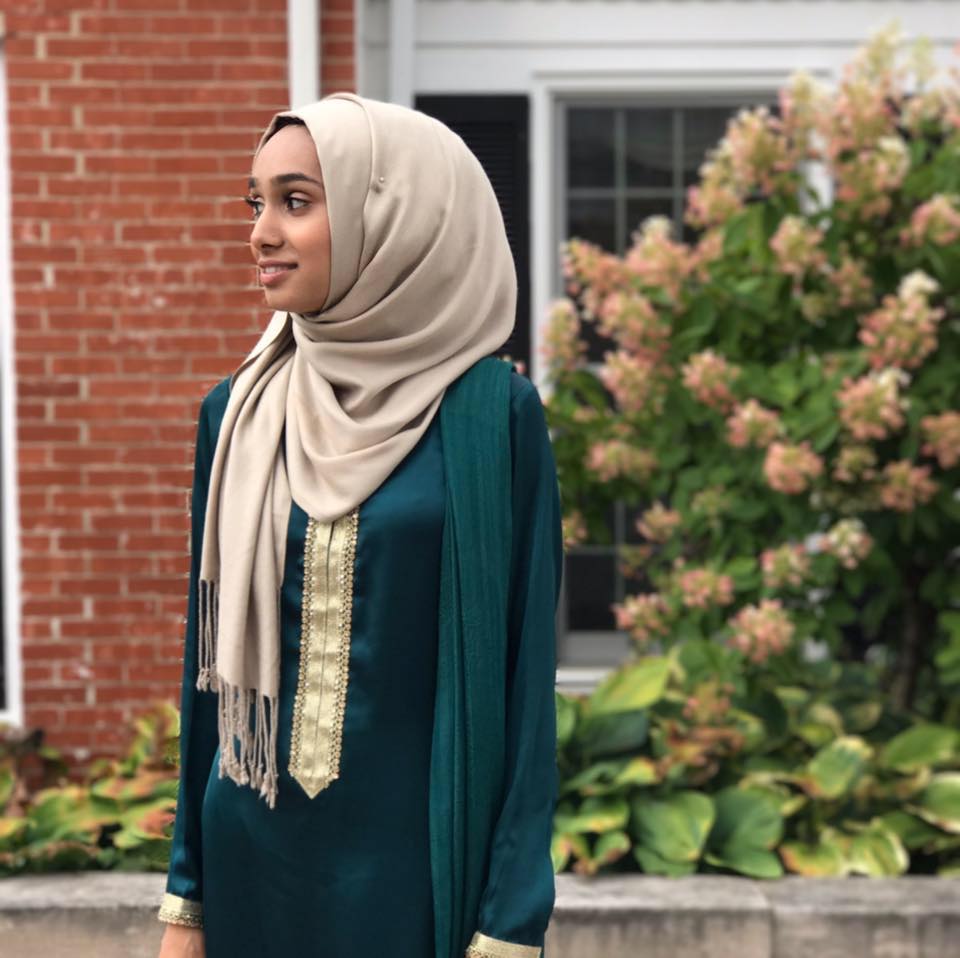New Student Fellowship will focus on interfaith dialogue and bridgebuilding
As a Vincentian institution, DePaul’s mission calls the university community to support the integral human development of students in a diverse, multifaith and inclusive community. A new student fellowship program will contribute to this goal by combining Interfaith America’s curriculum and a sustainable, distributed program model rooted in the student experience to engage students in leveraging their strengths to find solutions to issues important to them.
Between 40 and 50 students will have the opportunity to gain transformative skills in interfaith dialogue and facilitation through a $6,832 grant from Interfaith America, a Chicago-based nonprofit that provides consultation and training to “unlock the potential” of religious diversity and to foster a vibrant pluralism. Fellowships are open to student leaders in the Division of Mission and Ministry (DMM) and from the broader campus community.
At a time when many DePaul community members are personally experiencing the pain and anguish of a divided and war-torn world, this collaboration with Interfaith America offers opportunities for the healing, sharing and restoration that our community needs.
The Student Bridgebuilding Fellowship begins with information sessions and a community building brunch on Nov. 1, 2024, in Arts and Letters room 211. Sessions will take place at 10:30 a.m. and 12:30 p.m. and will last an hour. Attendance at one of the information brunches is required to apply to the fellowship. Students will then complete a brief application and be notified of their selection for the program.
Throughout the winter quarter, fellows will participate in sessions co-facilitated and guided by staff members who were trained last summer at the Interfaith America Bridging the Gap seminar. Each session will include time for making connections between DePaul’s Vincentian mission and the curriculum called the “Vincentian Voice.”
Using a distributed model of leadership, each student leader will be asked to engage their peers in bridgebuilding skills during the spring quarter. Fellows will use the spring quarter to share their wisdom and new skills with peers on campus, generating enthusiasm and invitations for the following year. Seniors will be gifted special cords for graduation, indicating their training as a Bridgebuilding Fellow.







